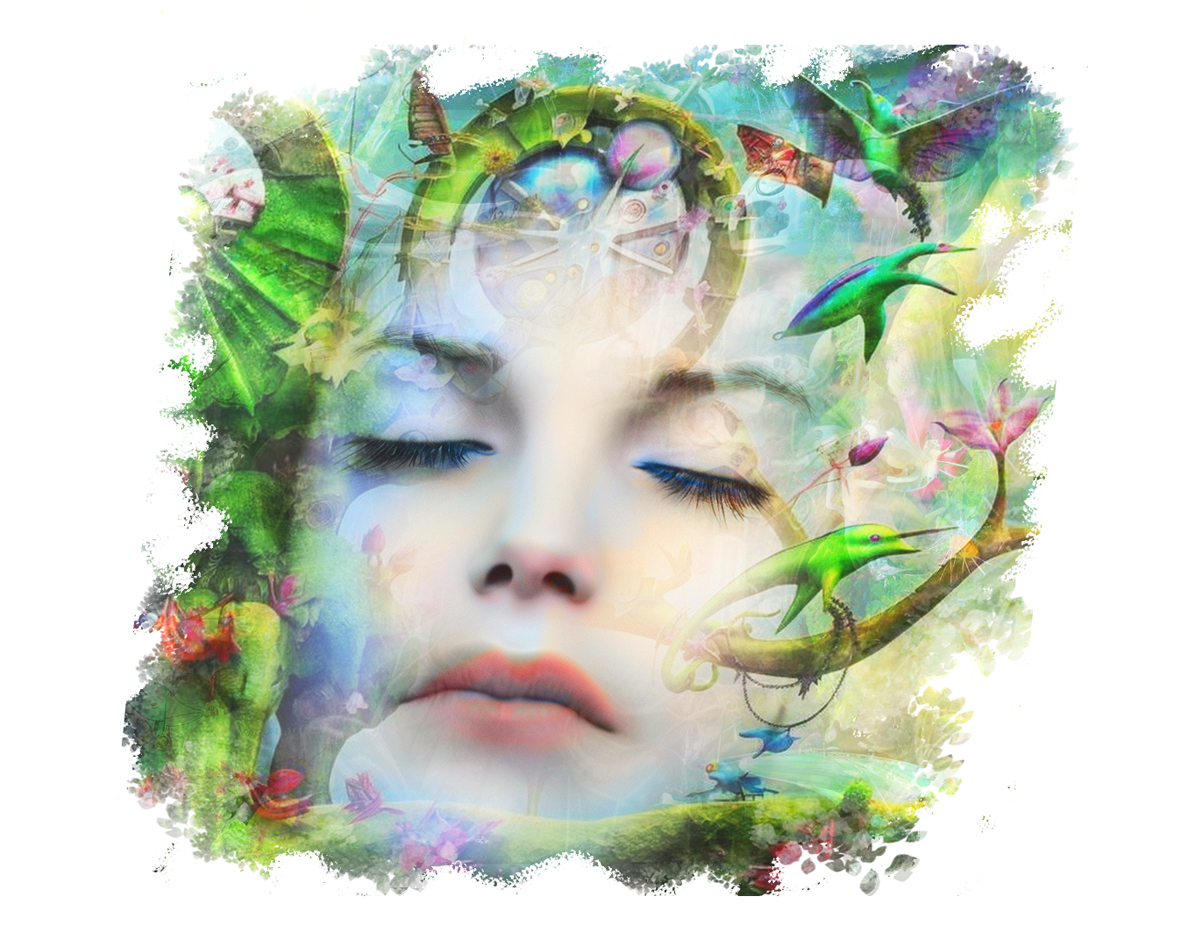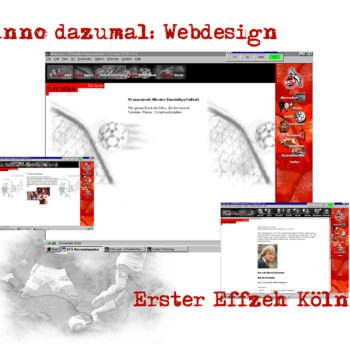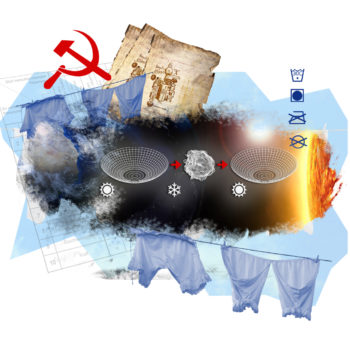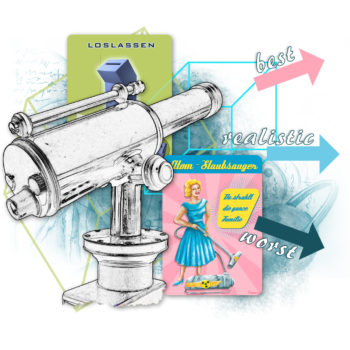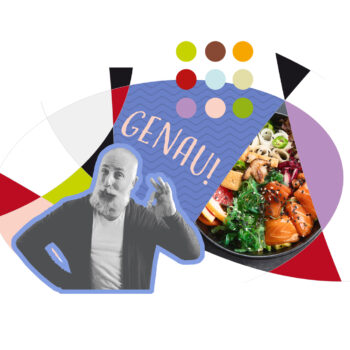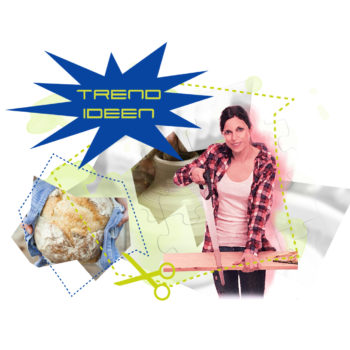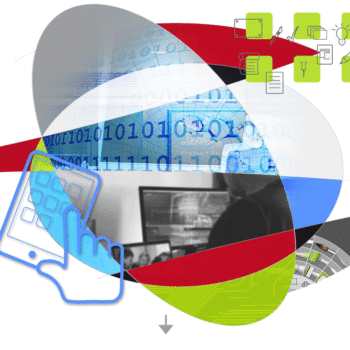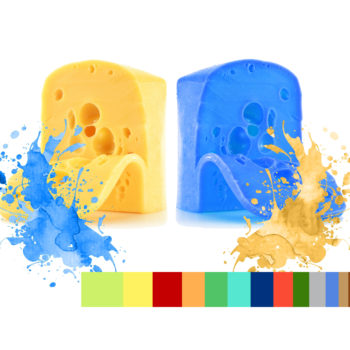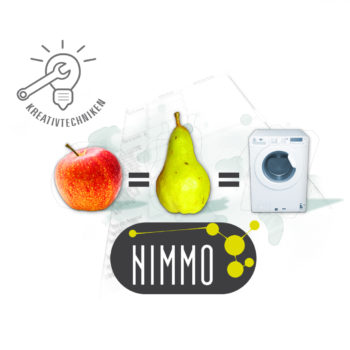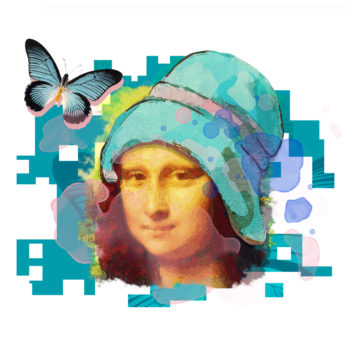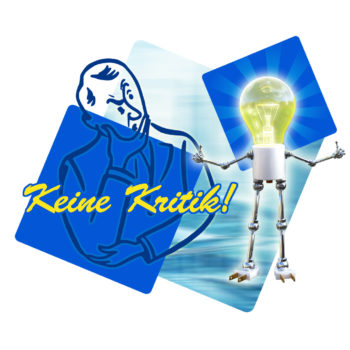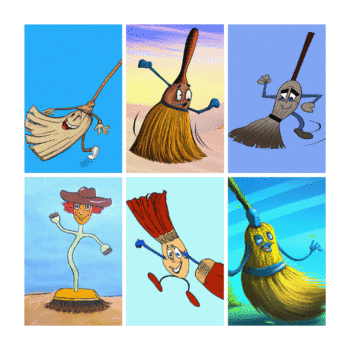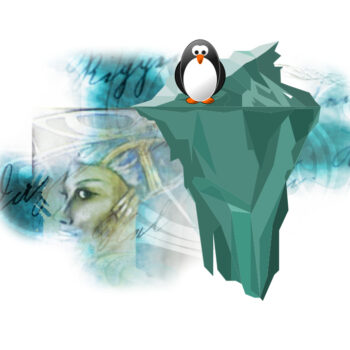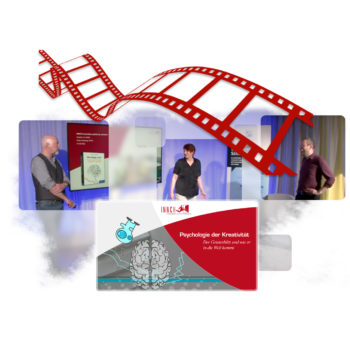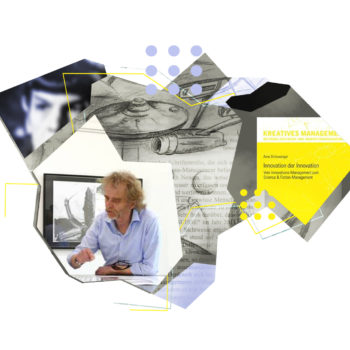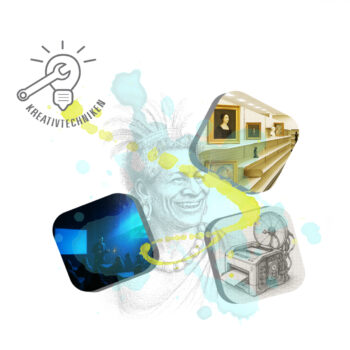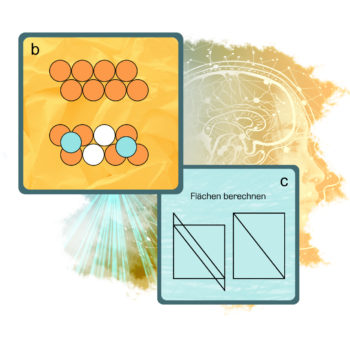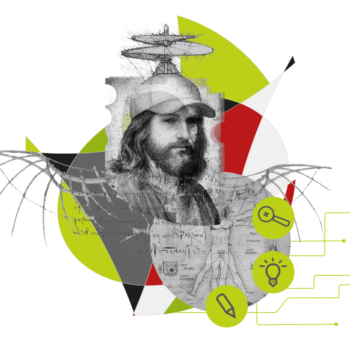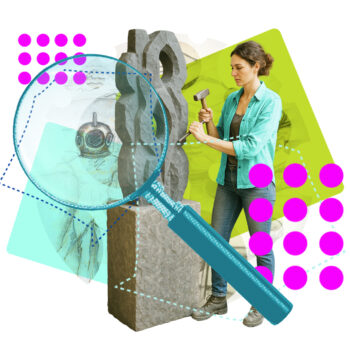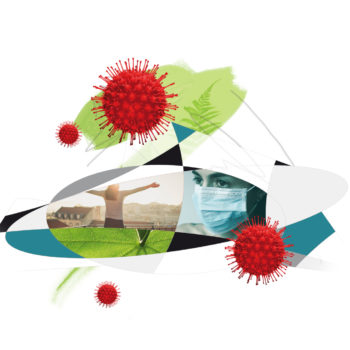How are intuition and creativity related? Actually, in the same way that intuition is related to playing soccer, surgery, and jazz improvisation.
Every human being is creative, because every human being basically has a talent for coming up with something new — some even consider this to be one of the most important abilities of the human species that distinguishes us from other species.
The theory is often put forward that one should proceed as intuitively as possible in order to develop creative ideas. Preferably without any rules, without any constricting system or methodology, so as not to hinder the free flow of ideas. It used to be said that ideas were sent directly from God, but that only applied to the particularly gifted. This somewhat elitist genius myth is out, and that’s a good thing.
Intuition draws on so-called implicit knowledge. “Implicit knowledge can also be called knowing how.… (knowing how) or as skill. That someone knows how to play the violin or how to paint with encaustic colors can be recognized by the fact that he can do it. (…) Only in the stage of learning are consciousness and attention involved. After that, implicit knowledge works automatically.” (Hans Dieter Huber in: Das Wissen der Sinne, 2015). This applies to all areas, not only to creative idea development.
The professional soccer player knows exactly with what momentum he has to kick the ball into the open field so that seconds later a teammate reaches it in exactly the right place at exactly the right time. He knows this intuitively, because if he had to calculate it mathematically, it would take far too long. It is often said that it would be harmful to ask the player to be aware of his intuitive behavior. This can be a hindrance in the moment of fast play, because thinking takes too long and interrupts the flow of the game. But in training, it is actually very useful to be aware of one’s own intuitive behavior in order to improve it and not make the same intuitive mistakes over and over again.
After a lot of practice, even a surgeon will eventually have internalized the procedures of an operation to such an extent that she does them as if automatically. Here, too, it would take far too long if she had to think about every move for a long time. But a surgeon also has to integrate new medical findings, which she may learn at a congress, into her behavior and constantly readjust the intuitive automatism. Otherwise, she would remain eternally at the same level and would never expand her knowledge and learn nothing for the course of action in practice. Everybody can sing — even the Neanderthals are said to have been able to do that, but for really professional singing, a lot of practice, training and, best of all, singing lessons are needed.
When I play the saxophone intuitively, it’s more pleasant for the people around me than when I play the guitar intuitively. I can’t do both. With the guitar it sounds awful, while with the saxophone I can’t even get a note out. If one is practiced in playing the saxophone, has harmonies, rhythms etc. intuitively available without thinking about it, one can experiment with new melodies and rhythms, compose something new or concentrate in an ensemble with other musicians on what the others are playing and what next note one can expect from the pianist and improvise together.
This is no different when it comes to creative idea development — and with composing we were already on the subject of creation — also in all professions where idea development is part of it, e.g. design. Methods that lead to ideas — such as restructuring, alienating, combining, looking at things from a different perspective or transferring them from other areas in an analogous way — are carried out intuitively. Here, too, the ideas don’t just come from the gut. Rather, practice is the key to success.
Working through the instructions of a creativity technique, such as Brainwriting 653, then disturbs the intuitive process, while such techniques can be valuable for untrained people to learn methods first. Developing ideas really fluently — i.e., in flow — works better, however, if one is already intuitive with the methods. Here, too, you can use the basic set of techniques you’ve already practiced, which you no longer have to think about, to learn and try out new ones and expand the possibilities.
In addition, the ideas also need resources. Nothing comes from nothing, as the saying goes. So you also have to think intensively about the subject on which you want to develop an innovation. Therefore, an artist may invent a new style of art because he has dealt with art styles in a catchy way, but rarely a new vehicle drive, while the vehicle engineer, who has a lot of knowledge and experience in the field of vehicle drives, has a better chance of coming up with a new invention in this area.
Two ways of dealing intensively with a topic, preferably in combination, are purposeful here: understanding the topic in its contexts or understanding the essentials (systematic-analytical) and wild research, in which one collects everything that is closely or even very distantly associatively related to the topic. The last is food for intuitive connections.
Intuition is therefore correct and important for creativity, but it does not simply arise all by itself in the unconscious, but must be fed and trained. Then it provides a basis for a fluid development of ideas and constant further development.
(mh)

